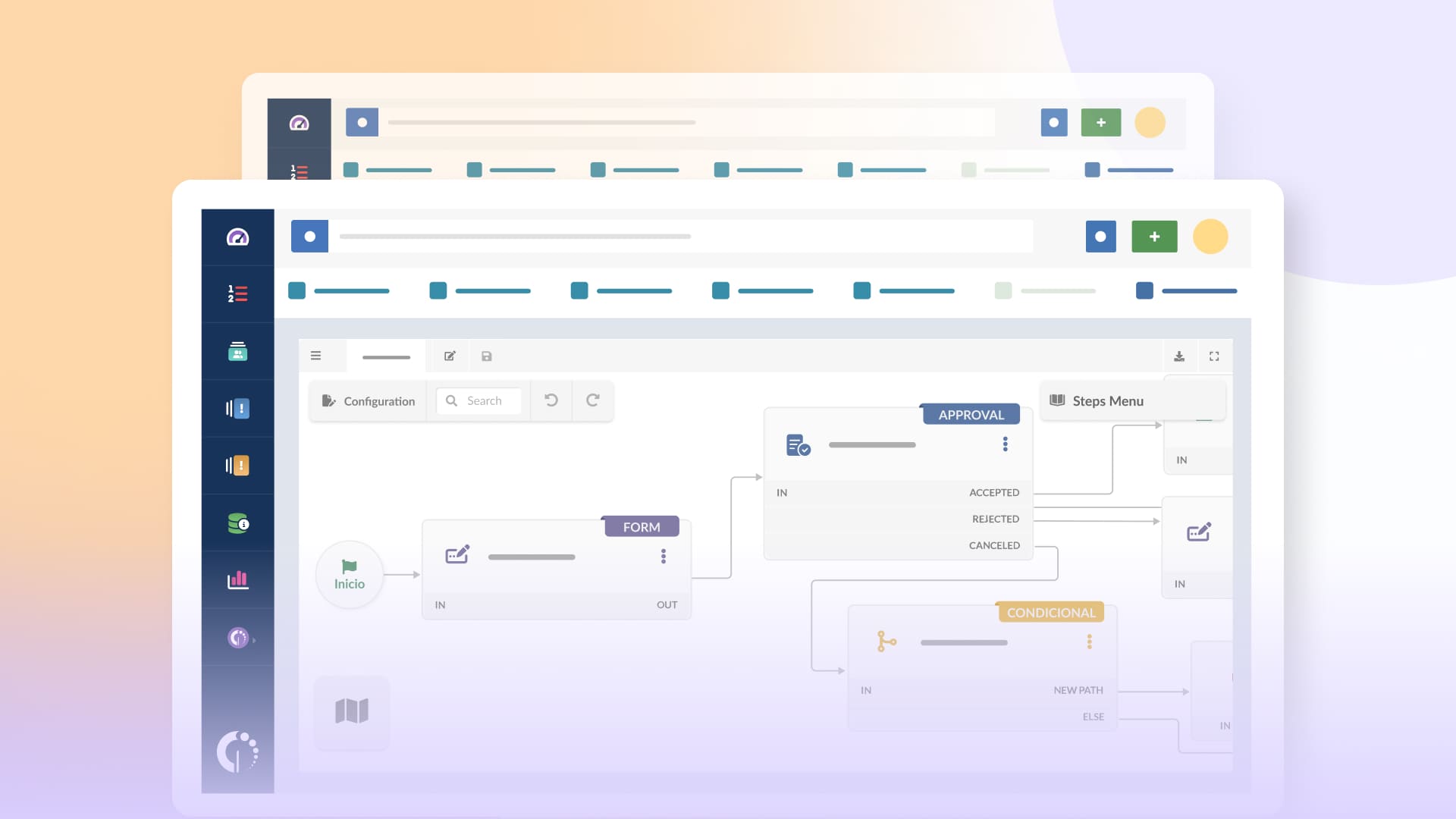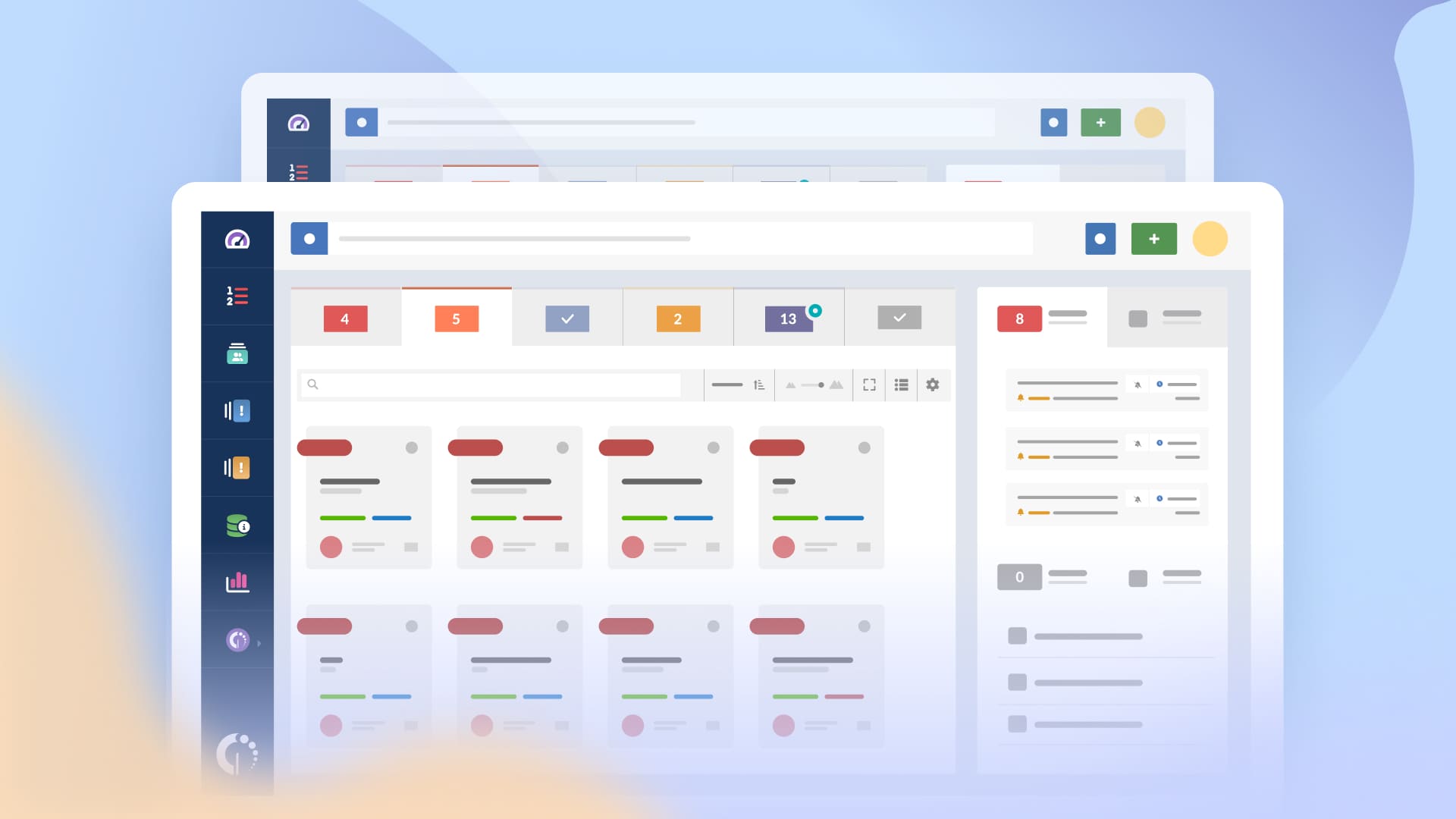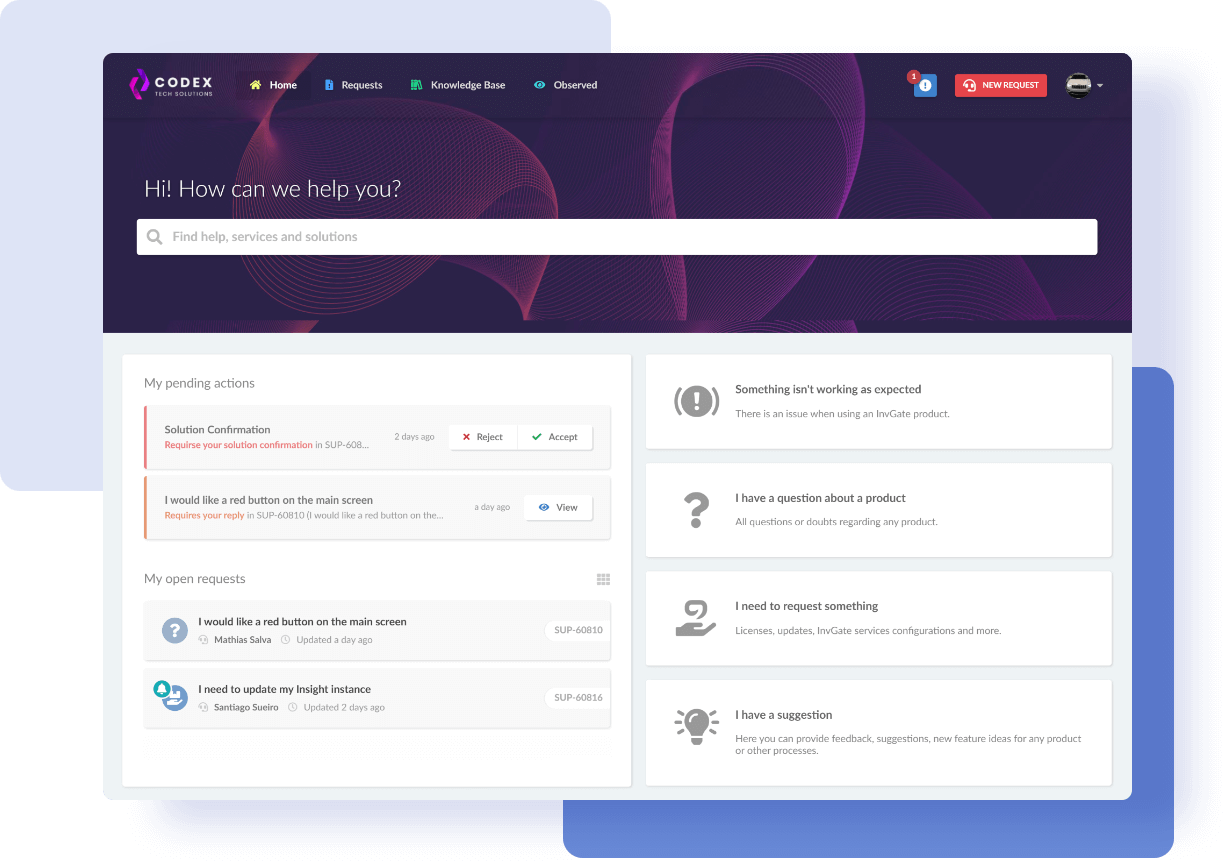Modern HR operations bring a lot to the table, acting as a cornerstone for any organization’s people strategy. From recruitment and onboarding to employee relations and performance management, HR operations cover many essential functions.
In this guide, we'll explore what HR operations encompass, how they affect an organization's success, and steps to optimize them. Whether you’re working in HR or aiming to understand it better for your business, this article offers practical insights for creating effective, productive HR processes.
|
|
What are HR operations?
At its core, HR operations is a function within human resources that oversees and manages daily activities related to an organization’s workforce. This includes onboarding, performance tracking, payroll, benefits, compliance with labor laws, and more. In many ways, HR operations serve as the backbone of the HR department, managing all activities that support employees in their roles.
While HR can sometimes be seen as an administrative or supporting function, human resources operations directly impact productivity, morale, and the organization’s overall health.
Through effective HR operations, companies create clear policies, establish dependable workflows, and ensure employees have a reliable point of contact for workplace needs. Ultimately, when HR operations run smoothly, employees can focus on their work, and HR departments are free to take on strategic initiatives.

What are HR operations teams?
HR operations teams focus on the essential day-to-day functions that support an organization’s workforce. They manage the employee lifecycle, which includes everything from recruitment and onboarding to performance evaluations and offboarding. Their work is critical in ensuring that HR processes run smoothly and efficiently, enabling the organization to operate at its best.
On a day-to-day basis, HR Ops teams handle tasks such as processing payroll, managing benefits administration, and ensuring compliance with labor laws. They also facilitate communication between employees and management, addressing any HR-related inquiries or issues that arise.
-
Process optimization and scalability
HR operations often manage and improve processes like onboarding, payroll, and employee record management to make them more scalable. They focus on designing systems that can handle high volumes of data and transactions smoothly, often implementing technology solutions or updating existing workflows to keep pace with organizational growth. -
Data Management and reporting
Large organizations accumulate vast amounts of HR data, from performance metrics to compensation records. HR Ops teams are responsible for maintaining data accuracy and using it to generate reports that inform strategic decisions. They ensure that the company complies with regulations impacting employee records and data privacy. -
Policy and compliance oversight
While generalist HR professionals also manage compliance, an HR Ops team focuses on creating and enforcing policies and protocols that apply organization-wide. They track industry standards and labor law changes, often working with legal teams to update internal policies, ensuring every HR process aligns with current legal standards. -
Technology implementation
In many organizations, HR operations play a leading role in selecting and implementing HR software — whether it’s payroll systems, performance management platforms, or data analytics tools.

Role of an HR operations manager
An HR operations manager oversees the daily running of all HR operational functions. Their work involves ensuring that systems like payroll, employee databases, and administrative tasks run efficiently, supporting both the HR department and the broader organization. Responsibilities of an HR operations manager often include:
- Managing HR information systems (HRIS) and ensuring they align with company goals and user needs
- Streamlining processes to increase productivity and reduce costs
- Leading data analysis efforts to offer insights that support strategic HR and business decisions
- Developing policies and overseeing their compliance across departments
It's important to note that the structure and focus of HR operations will adapt to the size and specific needs of the organization.
For instance, in a larger company, the HR operations manager may oversee the work of other HR operations roles, such as HR coordinators, payroll specialists, and benefits management. This specialization allows for a more in-depth approach to each area, but it might not make sense for a smaller human resources department.
An HR operations specialist in smaller organizations may have a more hands-on role, wearing multiple hats and directly managing various HR functions. They may work closely with a smaller team, where roles are less specialized, allowing for greater flexibility and adaptability in responding to the organization's evolving needs.

HR operations responsibilities
A successful HR operations team handles tasks that create the foundation for a thriving workplace. These responsibilities generally fall into several key categories: recruiting, employee services, compliance, performance management, payroll and benefits, and reporting.
- Recruitment and onboarding
- Employee services and relations
- Compliance and legal requirements
- Performance management
- Payroll and benefits administration
- Reporting and HR analytics

Strategies for improving HR operations
Improving HR operations can significantly improve day-to-day workflows. Here are some actionable steps and best practices that can boost efficiency and effectiveness in HR operations.
1. Adopt the right technology
One of the best ways to streamline HR operations is to use HR software designed for automation and data centralization. Software like HR management systems and scalable enterprise payroll platforms help manage employee data, automate workflows, and integrate payroll processing, recruiting, talent management, and everything related to workforce planning in one place. Using applicant tracking systems can greatly enhance the efficiency and consistency of hiring processes, and many companies rely on best ats solutions to centralize candidate information, automate workflows, and improve recruitment outcomes.
Tips for choosing HR software:
- Evaluate software based on your organization’s specific hr needs and budget.
- Prioritize solutions with strong integration capabilities for existing tools.
- Look for scalable software that can adapt to your business’s growth.
In addition to traditional HR software, an Enterprise Service Management (ESM) approach can further enhance organizational efficiency. For instance, InvGate Service Management can be used to streamline HR processes by providing a centralized platform for managing service requests, automating workflows, and integrating with existing HR systems. This allows for better visibility and control over HR operations while ensuring compliance with organizational policies.

2. Define processes and automate them where possible
Well-defined procedures for routine tasks create consistency, reduce errors, and save time. For example, having a step-by-step process for onboarding new hires, managing leave requests, or handling employee grievances can help HR staff confidently handle these activities.
How to create effective HR procedures:
- Clearly outline the steps involved in each HR activity to provide guidance for staff.
- Keep processes current by revisiting and revising them as organizational needs change or new regulations emerge.
- Ensure that HR personnel are well-trained in the defined processes so they can execute them effectively.
Let's take onboarding, for example. After establishing the steps—such as initiating the process when a new employee is hired, gathering essential information from the line manager, and obtaining approval from HR leaders—you can use software like InvGate Service Management to automate HR workflows. This ensures that each step is enforced consistently and nothing is overlooked

3. Implement employee self-service
Encouraging self-service in hr processes can free the staff to focus on more complex tasks. Self-service portals allow employees to access their pay stubs, submit time-off requests, and update personal details independently.
Best practices for implementing self-service portals:
- Choose user-friendly software to minimize training requirements.
- Ensure the portal is mobile-friendly for easy access from any device.
- Provide support resources to guide employees on using the portal effectively.
You can implement employee self-service with InvGate Service Management by setting up the self-service portal to allow employees to create and track their own requests.
Organize the service catalog for easy access to common services, integrate a knowledge base for quick solutions, and enable automated workflows for efficient request management. This empowers employees to resolve issues independently, streamlining HR operations and enhancing overall efficiency.

4. Invest in ongoing training for hr staff
As HR operations become increasingly technology-driven, HR staff need to stay updated on new systems, tools, and best practices. Regular training programs help HR staff remain effective and confident in their roles.
Training suggestions for hr teams:
- Schedule quarterly training sessions on industry updates and software changes.
- Encourage certifications in specialized hr fields, like compliance or payroll.
- Offer skill-building workshops, particularly for conflict resolution and communication.
5. Use HR metrics and continuous improvement
Analyzing HR metrics such as employee turnover, engagement scores, and performance data is essential for understanding where improvements are needed. Continuous improvement initiatives help HR teams adjust strategies based on data insights and refine HR processes over time.
How to apply hr metrics:
- Track changes in turnover and engagement rates to gauge employee satisfaction.
- Identify metrics that correlate with business goals, like productivity and retention.
- Create a quarterly review process to assess progress and adapt strategies as needed.
How do HR operations teams differ from HR management?
HR management encompasses a broader scope of responsibilities, focusing on strategic initiatives and long-term planning. While HR operations concentrate on the implementation of day-to-day HR functions, HR management is concerned with the overall direction of the HR function within the organization.
Let's see some of those differences:
-
Performance Management: HR management takes a strategic approach to performance management, setting organizational goals and aligning individual performance to these objectives. In contrast, HR operations may implement review processes and ensure that evaluations are completed on schedule.
-
Learning and development: While HR management identifies training needs and creates development programs to enhance skills, HR operations may coordinate training logistics and track employee participation.
-
Succession planning: HR management is pivotal in identifying and developing future leaders, ensuring a strong talent pipeline for key positions. HR ops teams may support this process by maintaining records of employee skills and experiences.
-
Compensation and benefits: HR management develops compensation strategies and benefits packages to attract and retain talent. HR operations ensure that these plans are executed properly, managing payroll, benefits enrollment, and compliance.
-
Leveraging HR data and analytics: HR management analyzes workforce data to inform strategic decisions. Meanwhile, HR operations collect and maintain this data, ensuring its accuracy and availability for reporting.

How do HR operations teams differ from HR generalists?
HR generalists typically operate within a traditional HR department, covering a wide range of HR functions. They may handle tasks related to recruitment, employee relations, and compliance, but they often lack the strategic focus that characterizes HR operations teams.
-
Strategic view: HR Ops has a more strategic approach to HR functions, using data and analytics to inform decisions and drive improvements. HR generalists may focus on daily tasks and problem-solving without necessarily considering the broader implications of their work.
-
Technology integration: HR operations leverage technology and HR systems to optimize workflows, manage employee data, and automate HR processes. HR generalists may not have the same level of access or expertise in these technologies, limiting their ability to enhance efficiency.
-
Focus on efficiency: HR Ops teams prioritize streamlining processes and improving workflows to enhance organizational effectiveness. In contrast, an HR generalist may be more reactive, addressing issues as they arise without a structured approach to process improvement.
Most companies maintain a basic HR department that handles core processes that can even overlap with what we mention for HR Ops. However, an HR operations team is typically designed to support larger, more complex companies, where the sheer volume or complexity of employee needs, data, and compliance requirements calls for a streamlined approach.
Human Centered Leadership
Discover the power of embracing the human element in IT and leadership
Download for free
Final thoughts
As we wrap up our exploration of HR operations, it's clear that this field is more than just a collection of tasks—it's a vital component of how organizations function effectively. The insights shared in this article highlight the diverse roles and responsibilities within HR operations and the significant impact they have on employee engagement, compliance, and overall organizational success.
Reflecting on all we've covered, it’s evident that successful HR operations require a blend of strategic thinking and practical execution. For those in or entering this field, embracing the ongoing learning process will be crucial as they adapt to their organizations' ever-changing needs.















